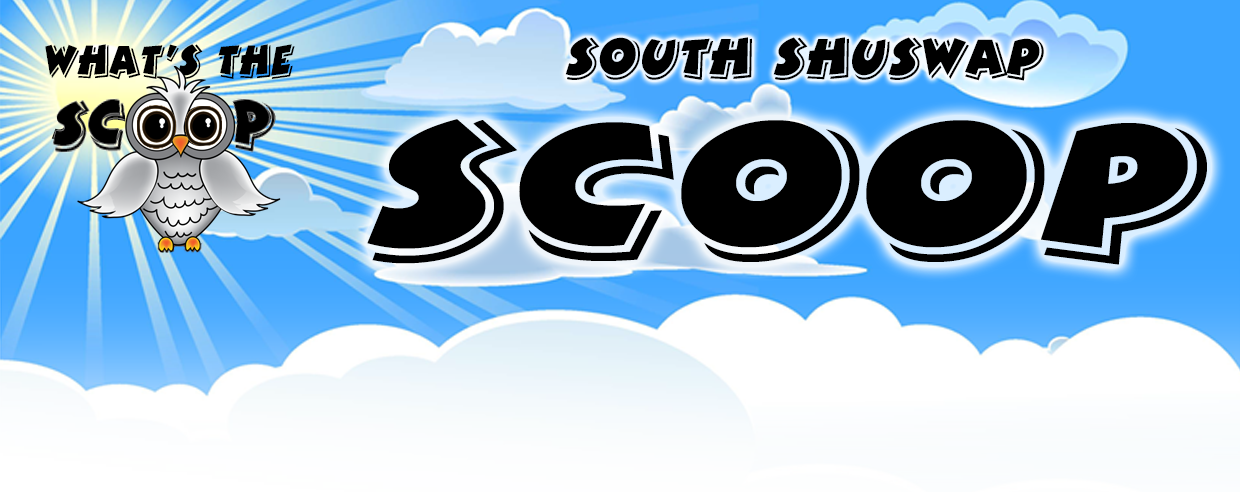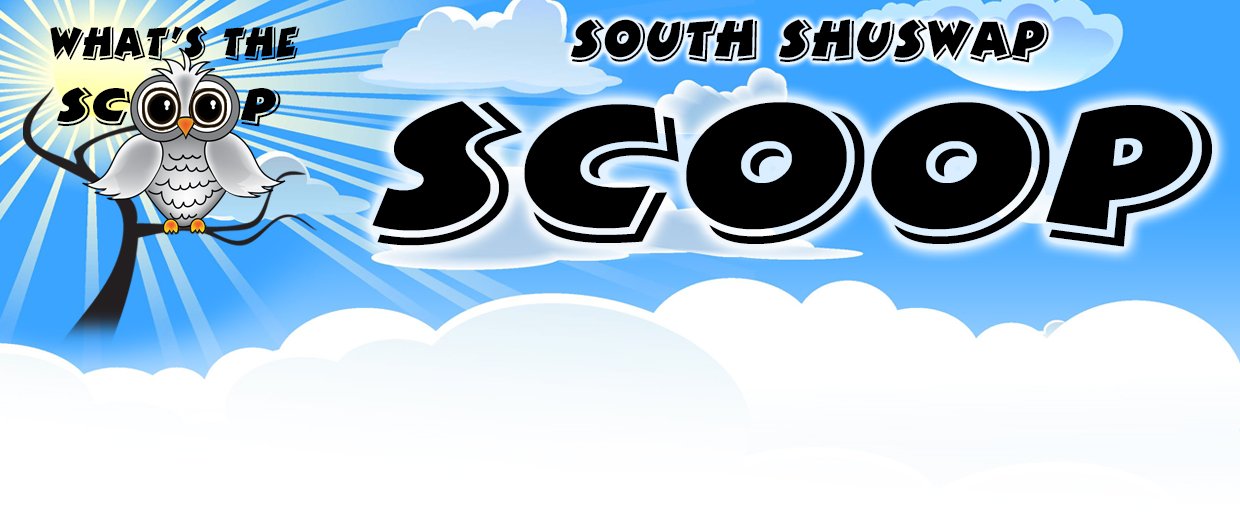May is Invasive Species Action Month
Clean, drain & dry watercraft inspection station. (BC Conservation Officer Service photo)
SWC Release
Spring is here, and many of us are thinking about boating, paddling, and fishing.
The month of May is designated as Invasive Species Action Month – a national campaign to raise awareness about the risks and prevention measures for invasive species. In the Shuswap, two organizations are especially focused on preventing aquatic invasive species that could be accidentally introduced via the movement of boats and watercraft into and around the Shuswap.
Invasive species of greatest concern are Zebra and Quagga Mussels (ZQM): small freshwater mussels that have invaded waters in North America including the Great Lakes, Manitoba, and many watersheds in the US including as nearby as Idaho. Thankfully, ZQM have not invaded lakes in BC or our nearest neighbour Alberta.
Protecting the waterways in BC from invasive mussels is an ongoing effort. The Shuswap Watershed Council (SWC) and Columbia Shuswap Invasive Species Society (CSISS) are working together to educate residents about how to keep invasive mussels out of the Shuswap.
If you’re unfamiliar with these invasive mussels, it’s important to understand how they can impact our waterways.
“The problem with zebra and quagga mussels is that they grow and attach to anything below the water’s surface including boat hulls, dock pilings, inside pipes and hydro-electric facilities, and even inside engine compartments,” says Erin Vieira, program manager for the Shuswap Watershed Council. “The mussels form in colonies and removing them would require ongoing maintenance now estimated at a cost of up to $129 million per year for BC residents.”
Vieira highlights that the $129 million is a new annual cost estimate described in an economic impact report that the Province of BC released in 2023. The cost is up significantly from a previous estimate of approximately $43 million to deal with an invasion of invasive mussels in BC.
Zebra and quagga mussels can also impact water quality and disrupt aquatic food-webs through their filter-feeding and by out-competing native species for food. This puts the lake ecosystem and drinking water at risk. When the mussels die, their small sharp shells wash up on shorelines and beaches, thus disturbing our enjoyment of water-based activities.
Once zebra or quagga mussels are established in a lake, there are no effective means of eliminating them. They reproduce prolifically, leading to massive infestations.
Clean-drain-dry + stop for watercraft inspection
Invasive mussels can move from one lake to another by clinging to boats, personal watercraft, trailers, canoes and other watercraft. They attach directly to a surface or collect within small compartments of water inside the watercraft.
Watercraft from outside BC could potentially be infested with invasive mussels. It could take just one infested watercraft launching into the Shuswap to start a new population of invasive mussels. There are prevention measures that boat and watercraft owners need to follow.
“Clean, drain, and dry your watercraft every time you move it out of the water. This helps reduce the chance of transporting aquatic invasives,” explains Jess Booth, Outreach Coordinator for CSISS. Just like it sounds, Clean, Drain, Dry involves three steps:
After removing it from the water, clean your boat or watercraft to remove mud, plant material, small aquatic life, and other debris
Drain all compartments onto dry land
Ensure your watercraft is thoroughly dried before re-launching.
Zebra and quagga mussels grow to about 1 centimeter in diameter and may be attached to watercraft or inside compartments or other hard-to-spot areas. Juvenile mussels are free-swimming and microscopic – impossible to detect with the human eye.
“In addition to clean-drain-dry, it’s very important that travelers with watercraft stop at watercraft inspection stations,” Booth adds. Highway-side inspection stations are set up around BC and they are staffed by the Conservation Officer Service.
All travellers with watercraft must stop. Watercraft will be inspected and decontaminated, if needed, all free of charge. Watercraft inspection is mandatory, and failing to stop for inspection carries a heavy fine.
Shuswap residents can help raise awareness for the importance of inspection.
“Talk to your out-of-province family and friends that plan to travel to the Shuswap with their watercraft,” says Vieira. “The more people that practice Clean-Drain-Dry and stop for watercraft inspection, the less vulnerable we are to an infestation.”
Any suspected transport, possession, or sightings of zebra and quagga mussels should be reported to the Provincial RAPP line at 1-877-952-7277. For more information about bringing a boat or other watercraft into BC, visit the provincial website https://www2.gov.bc.ca/gov/content/invasive-mussels. For more information on zebra and quagga mussels, visit the SWC’s website at www.shuswapwater.ca.


